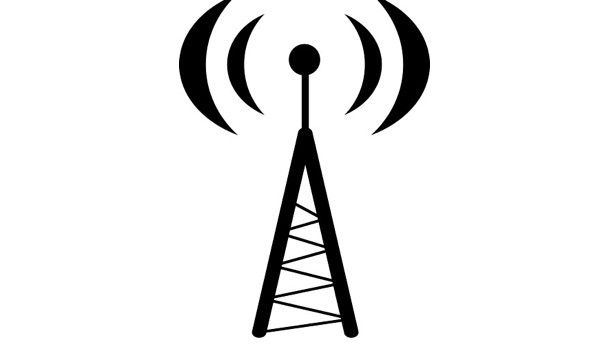Analysis – New Net Neutrality Rules Could Drive Up Game Prices

In January 2014, a United State appeals court ruled that some elements of the Federal Communication Commission’s net neutrality rules were unenforceable. Net neutrality, the concept that traffic should flow equally regardless of origination or pathway is the cornerstone of the “open Internet” philosophy, was essentially dismantled.
The courts have ruled that corporations can tamper with traffic speeds and even block access, provided they disclose that to customers. In the wake of this, Comcast and Netflix struck a deal in February to prevent throttling. Earlier this week, Netflix announced an upcoming price hike, but didn’t specify rates.
The Wall Street Journal is reporting that the FCC is set to propose new net neutrality rules that would benefit broadband providers. The current terms that allow throttling would not go away. Rather, permission for preferential treatment from some traffic sources would be codified. The FCC would determine on a case by case basis if the terms of preferential treatment negotiated by ISPs and content providers are “commercially reasonable.”
The FCC has refuted these claims, but provided no details about its new proposal. Internal circulation of changes to net neutrality rules is set to begin today, but it could be weeks before the public is able to see what the commission is planning.
The other side of this coin would be for the FCC to move to declare Internet services a public utility. Doing so would enable greater regulation and likely see the preservation of a more open Internet environment. This is a move unlikely to happen.
Opponents to the reported proposal, which could be presented at the FCC’s May 15 meeting, cite discrimination against those who can’t afford to pay the ISPs for preferred treatment. "Creating a fast lane for those that can afford it is by its very definition discrimination,” says BitTorrent, Inc. CEO Eric Klinker.
The American Civil Liberties Union also spoke out about the upcoming changes. “With this proposal, the FCC is aiding and abetting the largest ISPs in their efforts to destroy the open Internet,” the organization says.
For the gaming industry and its consumers, this is one half of a potential perfect storm that would negatively impact how we game. Consumerist reported earlier this month that should the Time Warner-Comcast merger be approved, 78 percent of Americans could be subject to home Internet data caps. It would also give that new entity enormous power to push its own content faster than competitors.
Currently, Comcast imposes a “data threshold” of 300 GB on homes, with automatic $10 charges for each 50 GB in excess of that limit. If the deal goes through without stipulation or limitation from the FCC, gamers could find themselves paying more to play. This won’t just affect those that choose to purchase their games digitally, though 50 GB game downloads will certainly eat away at monthly limits.
As games get larger, so do their updates. Reader Jeff McAllister reminded us that a recent update to Square Enix’s Thief on Xbox One weighed in at 6 GB. Dead Rising 3 was updated in January 2014 with a 13 GB patch. These are not anomalies in the age of the PlayStation 4 and Xbox One.
The variety of things we do online every day adds up quickly. Right now, most American game consumers don’t consider a game’s size when making a digital purchase (except with regard to hard drive space). With the PS4 and Xbox One, we can start playing before a download is finished, but with throttling, it might take significantly longer to reach the “play now” point.
The alternative is that Microsoft, Sony, and publishers could pay a premium to deliver content. This would undoubtedly be passed along to consumers, potentially driving up the cost of retail and digital purchases. For PC gamers, Steam sales might not be as appealing, because with the lower software prices could come extended downloads due to traffic metering and rapidly reaching a monthly cap. For streaming services like Sony's PlayStation Now, throttling and caps could present significant challenges.
Last month, Dvice reported on the possible successor to the blu-ray format. Blu-ray discs hold 50 GB of data on two layers. The new technology, archival discs, could hold up to 1 TB of data. That kind of leg room might allow game developers to drastically increase the size of their games should the technology catch on for consoles. This would make it more expensive to play as patches and digital purchases significantly grow in size.
If the FCC does pursue proposed changes as documented in the Wall Street Journal report, it would effectively dismantle the concept of an open Internet. Consumers would be at the mercy of their service providers and deals struck by wealthy content owners to give their traffic a smoother path (with end-users paying increased prices as cost of goods sold increase). If you have an opinion on net neutrality, you can make your voice heard by contacting the Federal Communications Commission. Direct your emails to FCC chairman Tom Wheeler at [email protected].

Get the Game Informer Print Edition!
Explore your favorite games in premium print format, delivered to your door.
- 10 issues per year
- Only $4.80 per issue
- Full digital magazine archive access
- Since 1991









